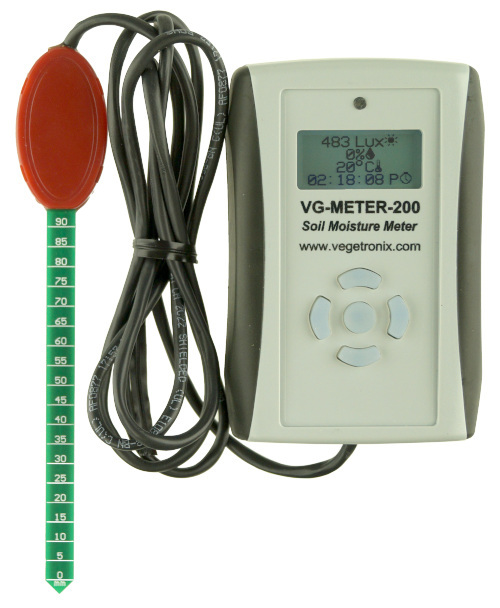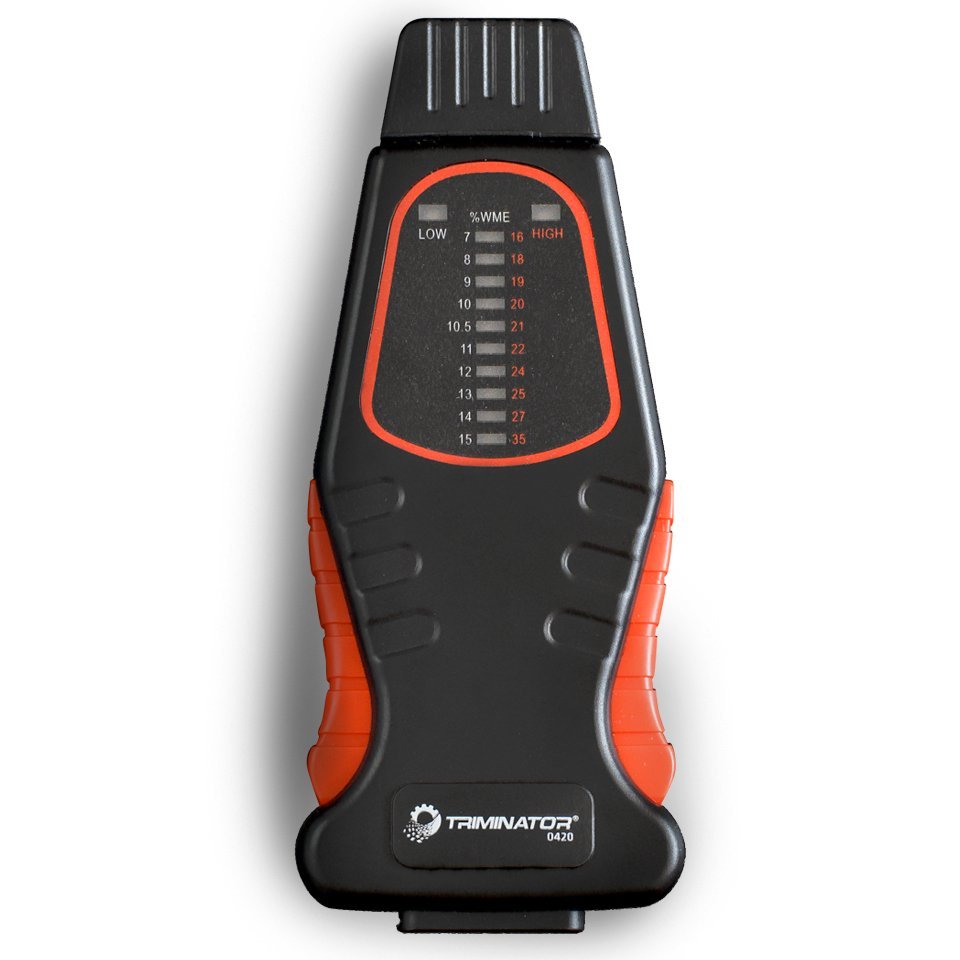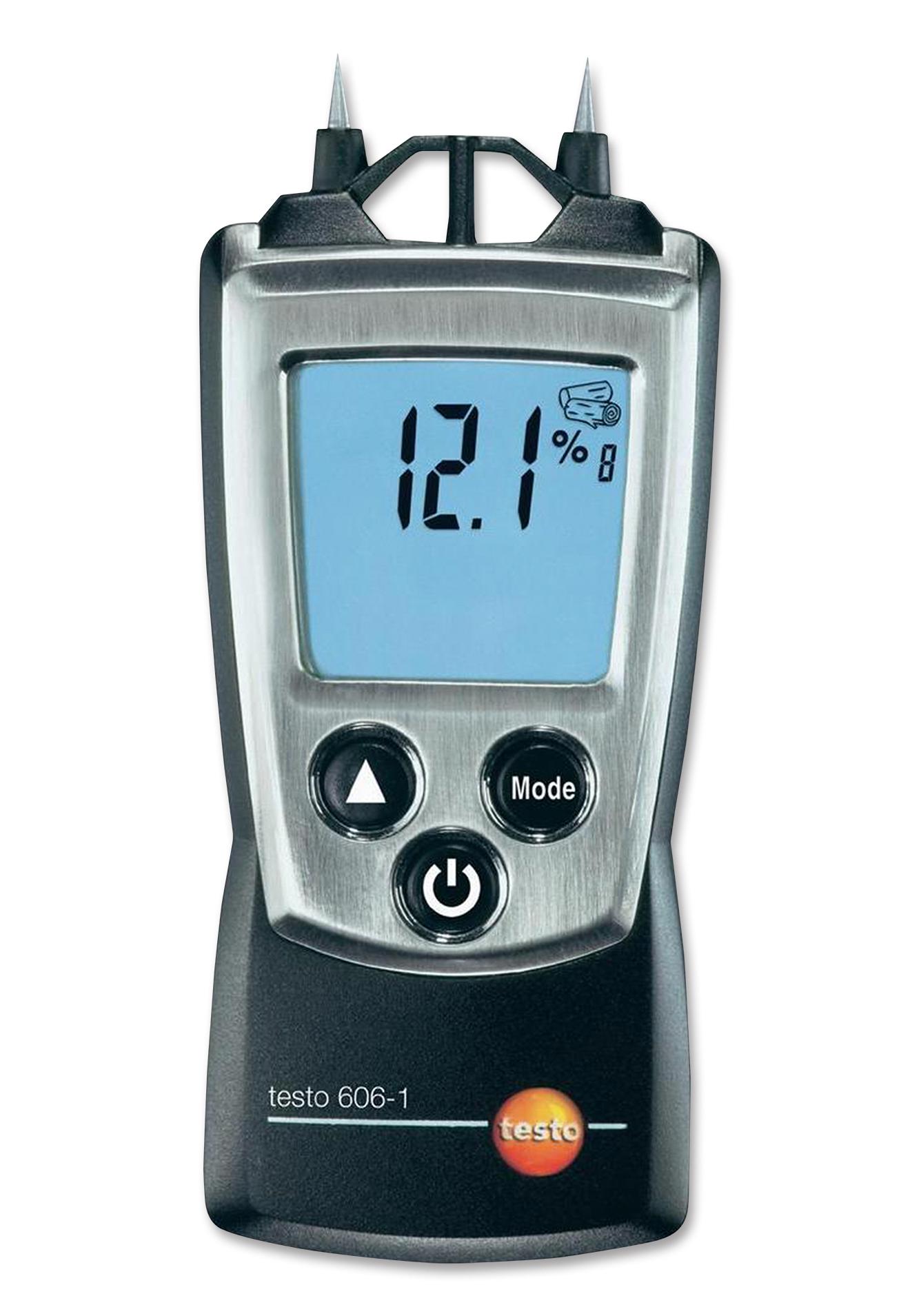The Science Behind Moisture Meters: Exactly How They Function and Why They're Necessary
The Science Behind Moisture Meters: Exactly How They Function and Why They're Necessary
Blog Article
The Ultimate Guide to Moisture Meters: A Comprehensive Introduction and How They Can Conserve You Money
In the world of building maintenance, construction, and different markets, the significance of accurately determining dampness degrees can not be overemphasized. Moisture meters offer as indispensable devices in spotting and keeping track of moisture content in products, aiding in preventing pricey damages and ensuring the quality of items. Recognizing the nuances of different kinds of moisture meters, their applications, and the potential cost-saving benefits they provide can be a game-changer for companies and professionals alike. Discovering exactly how these gadgets can not just simplify processes yet additionally add to monetary cost savings is a journey worth starting.
Kinds of Moisture Meters
Numerous kinds of moisture meters are readily available for different applications in various markets. One usual type is the pin-type dampness meter, which measures the electric resistance in between two pins put right into a material. This kind appropriates for timber, drywall, and other building products. Pinless moisture meters, on the various other hand, use electro-magnetic sensor plates to check a larger area without causing damages to the product's surface area. These meters are optimal for quickly assessing dampness levels in huge locations such as floorings and walls.
In addition, there are likewise specialized dampness meters created for particular products like hay, grain, or soil. These meters provide accurate wetness readings tailored to the unique homes of the product being checked. Infrared wetness meters determine the thermal residential or commercial properties of a material to determine its wetness content non-invasively, making them helpful for applications where pin or pinless meters may not appropriate. Understanding the various kinds of moisture meters offered can help markets select the most proper tool for their particular wetness dimension requirements.

Advantages of Making Use Of Moisture Meters

In addition, making use of moisture meters can lead to enhanced power efficiency. In farming settings, wetness meters play a critical function in optimizing plant yields by making it possible for farmers to keep track of dirt wetness levels and make informed irrigation decisions.
How to Choose the Right Moisture Meter
Choosing the suitable dampness meter involves taking into consideration key factors such as material compatibility, measurement variety, and important source calibration precision. When selecting a wetness meter, it's vital to guarantee that the meter appropriates for the particular material you will certainly be testing. Different materials have differing electric residential properties that can impact moisture analyses, so picking a meter developed for your product is critical for exact results. In addition, think about the dimension variety of the wetness meter. Ensure that the meter can discover wetness degrees within the array required for your applications. Calibration precision is an additional critical variable to maintain in mind (Moisture Meter). Go with a wetness meter with reliable calibration to guarantee accurate and regular readings. Some meters may need periodic calibration modifications, so recognizing the calibration process is vital. By meticulously evaluating these aspects, you can pick a wetness meter that meets your requirements and provides exact wetness dimensions for your projects.
Correct Methods for Moisture Meter Usage
To ensure precise moisture readings and optimize the performance of a moisture meter, employing proper methods is necessary. When making use of a pin-type dampness meter, see this site put the pins or probes right into the material being evaluated until they make complete contact. By adhering to these proper methods, individuals can rely on their wetness meter to provide credible wetness degrees, aiding in avoiding costly damages or ensuring high quality in different applications.

Expense Savings With Moisture Meter Applications
How can the strategic application of wetness meters cause considerable expense savings across numerous sectors? Wetness meters play an essential duty in expense financial savings by preventing possible damage and making sure quality control in different markets. In the farming market, moisture meters aid in establishing the optimal time for collecting plants, stopping over-drying or excess wetness that can impact the last product's quality. This accurate surveillance assists farmers avoid unneeded have a peek at these guys losses and maximize their return.

Moreover, in the food processing industry, dampness meters are important for checking item top quality and ensuring conformity with security policies. By accurately determining wetness content in foodstuff, manufacturers can prevent putridity, keep freshness, and lower waste, leading to significant price savings. Overall, the tactical application of dampness meters is a useful financial investment that can cause significant price reductions and enhanced efficiency throughout different industries.
Conclusion
In verdict, wetness meters are beneficial devices for identifying and measuring dampness degrees in various products. By utilizing the best wetness meter and complying with appropriate methods, users can efficiently prevent costly problems caused by excess wetness.
Moisture meters serve as vital devices in identifying and monitoring moisture content in products, aiding in preventing expensive problems and making certain the top quality of items. Infrared moisture meters determine the thermal homes of a material to determine its dampness material non-invasively, making them useful for applications where pin or pinless meters might not be suitable.Dampness meters provide important benefits in accurately evaluating and monitoring dampness levels in diverse materials and settings. In agricultural setups, dampness meters play a critical duty in optimizing crop returns by enabling farmers to keep track of dirt wetness levels and make notified irrigation choices.In final thought, moisture meters are beneficial devices for measuring and discovering moisture degrees in various materials.
Report this page